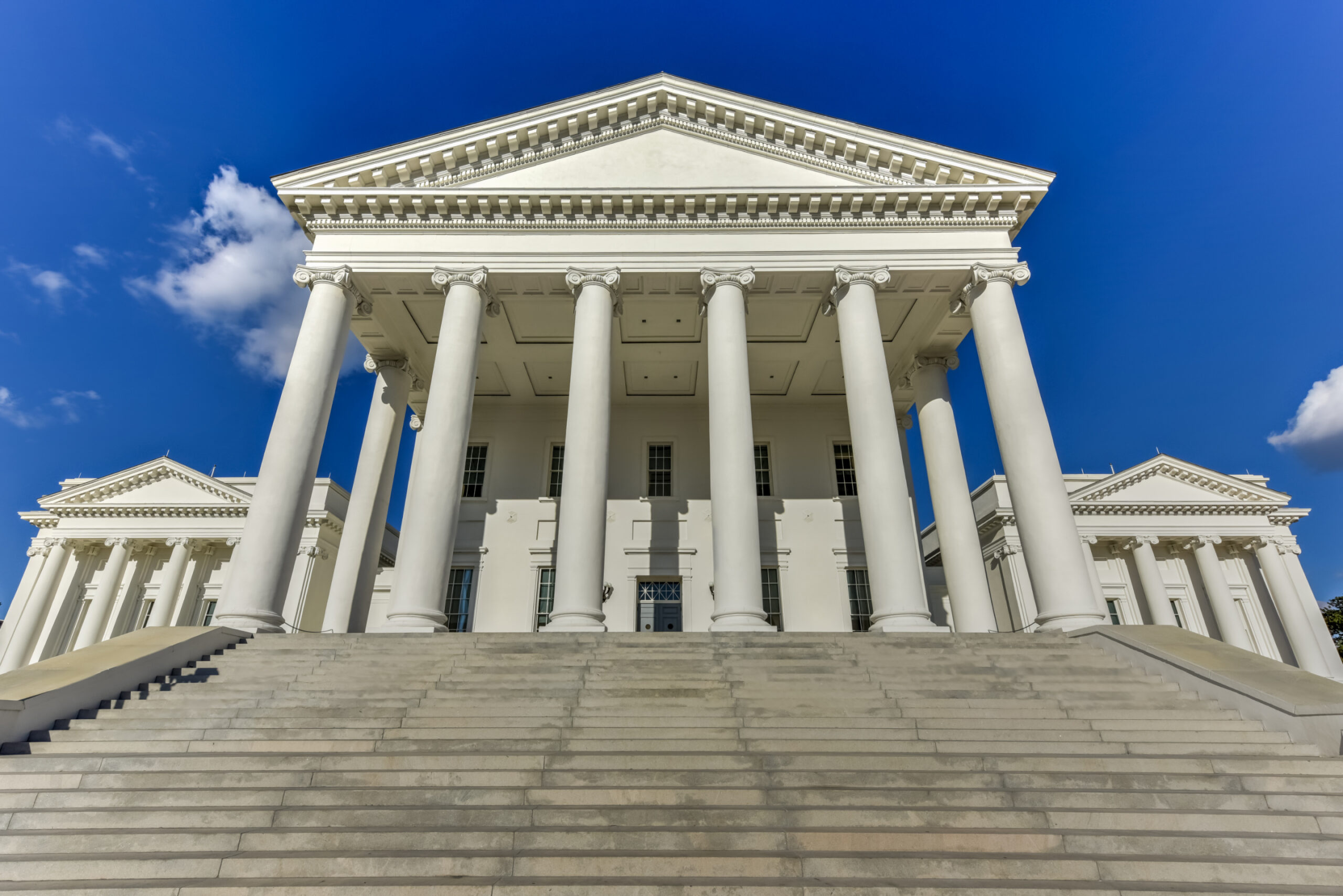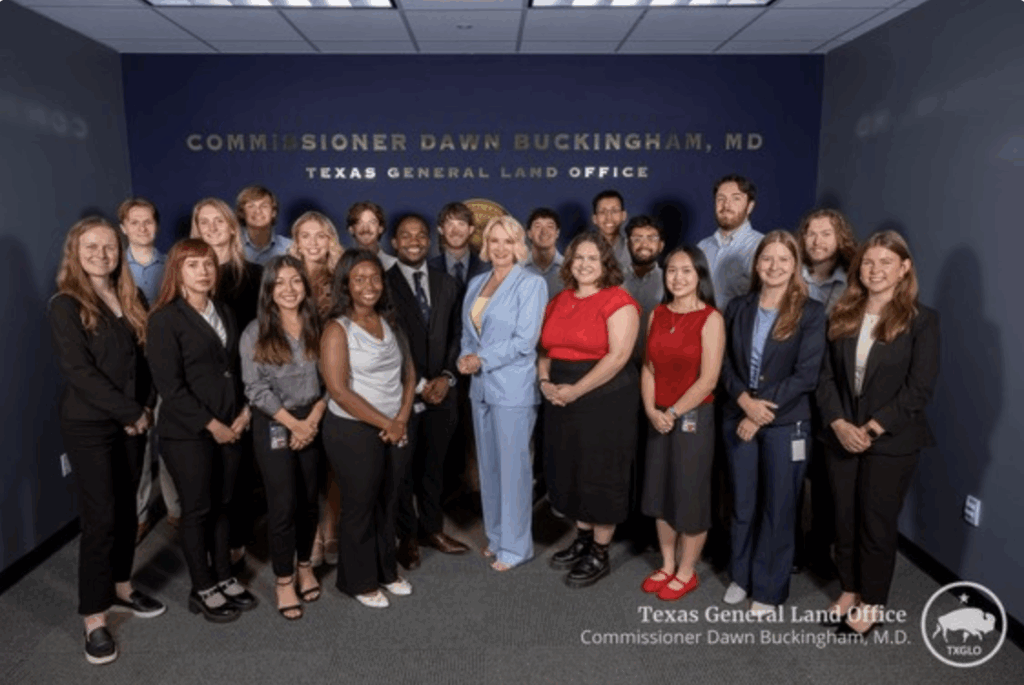GOP Pushes Back on Surprise Committee Meeting Over College Board Appointments

The clash between Virginia Senate Republicans and Democrats over gubernatorial appointments to university boards reached a new flashpoint this week, as GOP lawmakers condemned a newly scheduled committee meeting that they say continues a troubling pattern of partisan overreach.
In a statement issued Tuesday, Senate Republicans criticized Democratic leadership for unilaterally scheduling a Senate Privileges and Elections Committee meeting for Monday without consulting Republican members or providing adequate notice. The meeting is expected to address pending appointments by Governor Glenn Youngkin to the Boards of Visitors at Virginia’s public colleges and universities—an issue that has become a centerpiece of a broader political and legal standoff.
“Once again, they appear poised to take further action regarding pending gubernatorial appointments to college and university boards—actions that would depart from the traditions of the Senate, ignore established rules, and undermine the institutional independence of Virginia’s institutions of higher education,” the GOP statement read.
Republicans say this latest move follows a string of partisan decisions, including a committee vote earlier this year to block nominees without debate, a letter from the Senate Clerk (issued at the direction of the Democratic Chair) asserting a “refusal to confirm” the Governor’s appointments, and now, a committee meeting scheduled without the courtesy of notifying all members.
The Republican release frames the actions as not only a breach of legislative process but also a threat to the balance between executive authority and legislative oversight.
But Democrats have defended their approach, arguing that the Governor’s appointments may violate the constitutional separation of powers and sidestep legislative approval. They maintain that their efforts are not about political gamesmanship but about upholding institutional integrity, legal procedure, and preserving the independence of Virginia’s public universities.
In a letter sent earlier this summer to Boards of Visitors across the state, Senate Majority Leader Scott Surovell and members of the Senate Democratic Caucus urged university leaders to resist “external interference” and reaffirm their commitment to academic freedom and self-governance. They expressed concern that certain appointments were made in a way that bypassed legislative confirmation and could jeopardize the credibility and autonomy of Virginia’s public institutions.
The letter emphasized support for institutional independence, stating that public colleges and universities must be “protected from political manipulation” in order to fulfill their academic missions. Democrats say their actions are rooted in a desire to safeguard educational standards and prevent the politicization of board appointments that could tilt governance in a partisan direction.
However, Republicans argue the Democratic position is riddled with contradictions. They point to the pending lawsuit filed by Senate Democrats in Fairfax Circuit Court challenging Youngkin’s authority to make certain appointments, as well as earlier calls for rectors to refuse to seat board members nominated by the Governor.
“In one breath, Senator Surovell decries ‘external interference’ and praises Virginia’s proud tradition of self-governance,” said Senate Minority Leader Ryan McDougle. “In the next, he’s spearheading a lawsuit attempting to strip university boards of the ability to recognize duly appointed board members.”
Senator Mark Obenshain, Chairman of the Senate Republican Caucus, said Democrats are trying to have it both ways—publicly calling for independence while privately working to prevent the Governor’s role in shaping institutional leadership.
“Our institutions deserve better than this performative double standard,” Obenshain said. “Virginia’s students and families are watching—and they know the difference between real leadership and political theater.”
Republicans maintain that the Governor’s appointments are legal, consistent with constitutional procedures, and necessary to ensure that public universities reflect the values and priorities of Virginians. They reject the idea that executive appointments amount to interference and instead frame them as a legitimate part of representative government.
“We strongly support academic excellence and freedom of inquiry,” Obenshain added. “But there’s nothing improper about ensuring that our public universities reflect the values and priorities of the people of Virginia. That’s not interference—that’s representative government.”
Democrats, for their part, continue to argue that the integrity of public education is at stake, and that any attempt to politicize university boards undermines both public trust and academic credibility. They believe their actions are a necessary check on executive overreach and an effort to maintain nonpartisan governance in higher education.
With the next committee meeting now set for Monday and a lawsuit still pending in court, the battle over university governance in Virginia shows no signs of slowing. What began as a disagreement over appointments has now evolved into a broader political and constitutional confrontation—with each side claiming to be the defender of institutional independence and proper governance.
As the fall semester approaches, the leadership and direction of Virginia’s top public universities remain clouded by uncertainty, with political forces on both sides vying for influence over the future of higher education in the Commonwealth.
RECENT










BE THE FIRST TO KNOW
More Content By
Think American News Staff











